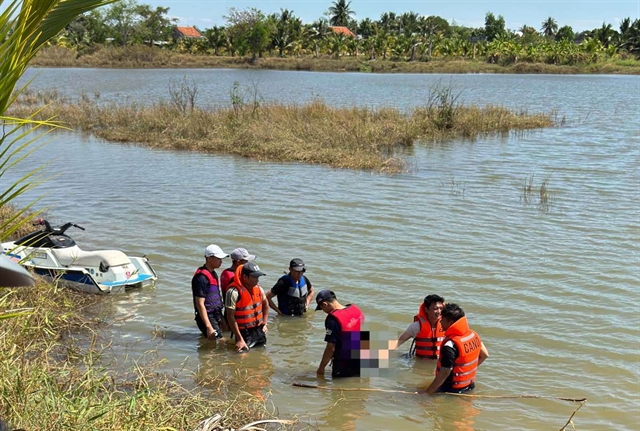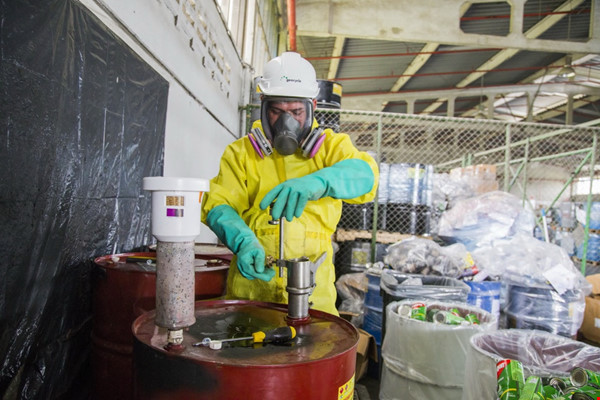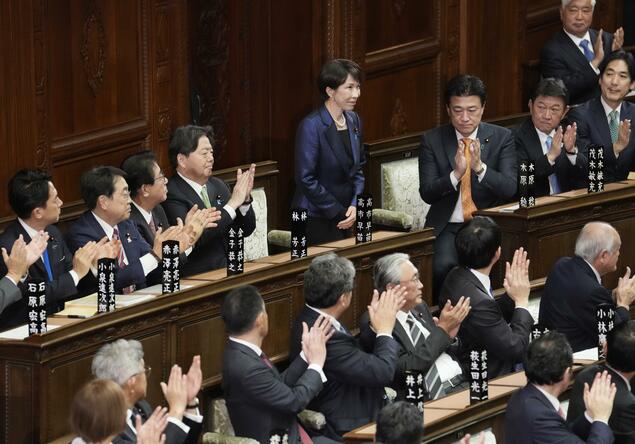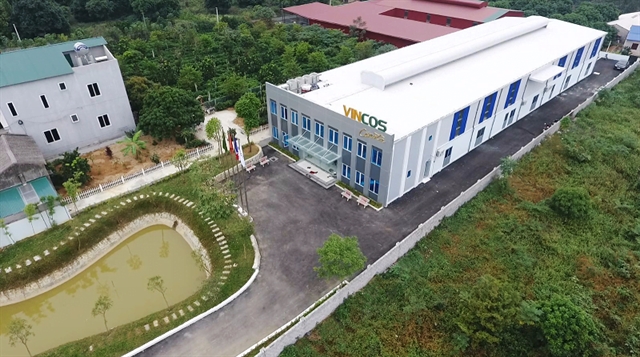 Society
Society

 |
| Burning hazardous industrial materials at the waste treatment area in Quang Trung Commune in Đồng Nai Province's Thống Nhất District. |
ĐỒNG NAI – Đồng Nai Province is attracting investors who want to set up plants to generate electricity from waste due to its many advantages such as producing large volumes of garbage.
With up to seven such facilities taking shape, the province is poised for a significant transformation driven by environmental responsibility, renewable energy generation, and a commitment to sustainable development.
Several proposals have been submitted, each highlighting unique approaches and potential benefits.
Taiwan’s Chiêu Minh Investment Co., Ltd. has proposed a waste incineration project in Cẩm Mỹ District.
Fan Hao, its representative in HCM City, said his company had done research and wished to invest in industrial, hazardous and domestic waste-treatment technologies in the Xuân Mỹ waste treatment area.
It was an existing project, and the company sought to invest in additional infrastructure and technological innovation.
It would contribute to protecting the environment, creating recycled products towards a green industry and creating jobs, Fan said.
“The project meets Vietnamese standards for waste treatment."
A German company that also wants to invest in treating household waste is Asia New Generation Company, which has an office in HCM City.
Willy Andreas Kirsch, its chairman, told provincial leaders at a meeting late last year that the company hoped to bring modern German treatment technology to the proposed plant in Xuân Tâm Commune, Xuân Lộc District.
Its INTEC-TCP (pyrolysis) technology does not need waste to be classified or burned directly, and is instead treated by gasification to limit emissions, and can generate 1.2-1.8 MWh of electricity from a tonne of garbage, according to the chairman.
If things go smoothly, the project could start as early as 2024.
At the 2021 United Nations Climate Change Conference (COP26), Việt Nam set a target of achieving net-zero emissions by 2050, reducing methane emissions by 30 per cent by 2030, phasing out coal between 2030 and 2040, and conserving forests.
Producing electricity from waste is also attracting domestic businesses.
Amaccao, a company headquartered in Hà Nội, has proposed to the province that it will build two waste-to-electricity plants; an industrial conversion cooperation project at the existing processing area and a completely new investment project.
It has a waste incineration plant in Hà Nội that generates electricity using European technology, and fully reuses the ash and slag from the incineration to make bricks.
The province is also setting up a project to generate electricity by incinerating 1,200 tonnes of waste a day in Vĩnh Tân Commune in Vĩnh Cửu District.
Investors in some waste treatment plants in Thống Nhất, Vĩnh Cửu and Long Thành districts are also planning to invest in generating electricity from waste.
Lots of room for development
Đồng Nai is becoming an attractive destination for waste-to-electricity investors for three reasons.
Firstly, it generates more than 200,000 tonnes of household waste daily, and this is increasing at 5 per cent a year.
Secondly, the government has mandated that by 2025 all waste treatment areas must switch to energy recovery combustion technology.
Thirdly, Đồng Nai has been allocated 66MW of trash electricity, third in the country only after Hà Nội and HCM City.
Waste treatment using energy recovery technology is also encouraged under environmental laws and a priority area for the province to solicit investment.
The province has identified four out of its seven waste treatment zones that will invest in technology to convert waste into energy in Định Quán, Thống Nhất, Vĩnh Cửu, and Long Thành districts.
The four get 3,800 tonnes of garbage a day.
Deputy Chairman of the province People's Committee, Võ Văn Phi, said the province would welcome environmental projects that use modern technology and contribute to sustainable development.
The province's demand for energy, including renewables, from industry is high, according to Phi.
If connectivity with the grid is convenient and the prices of electricity from waste are attractive, it will motivate investors to quickly implement their projects and go on stream. – VNS




